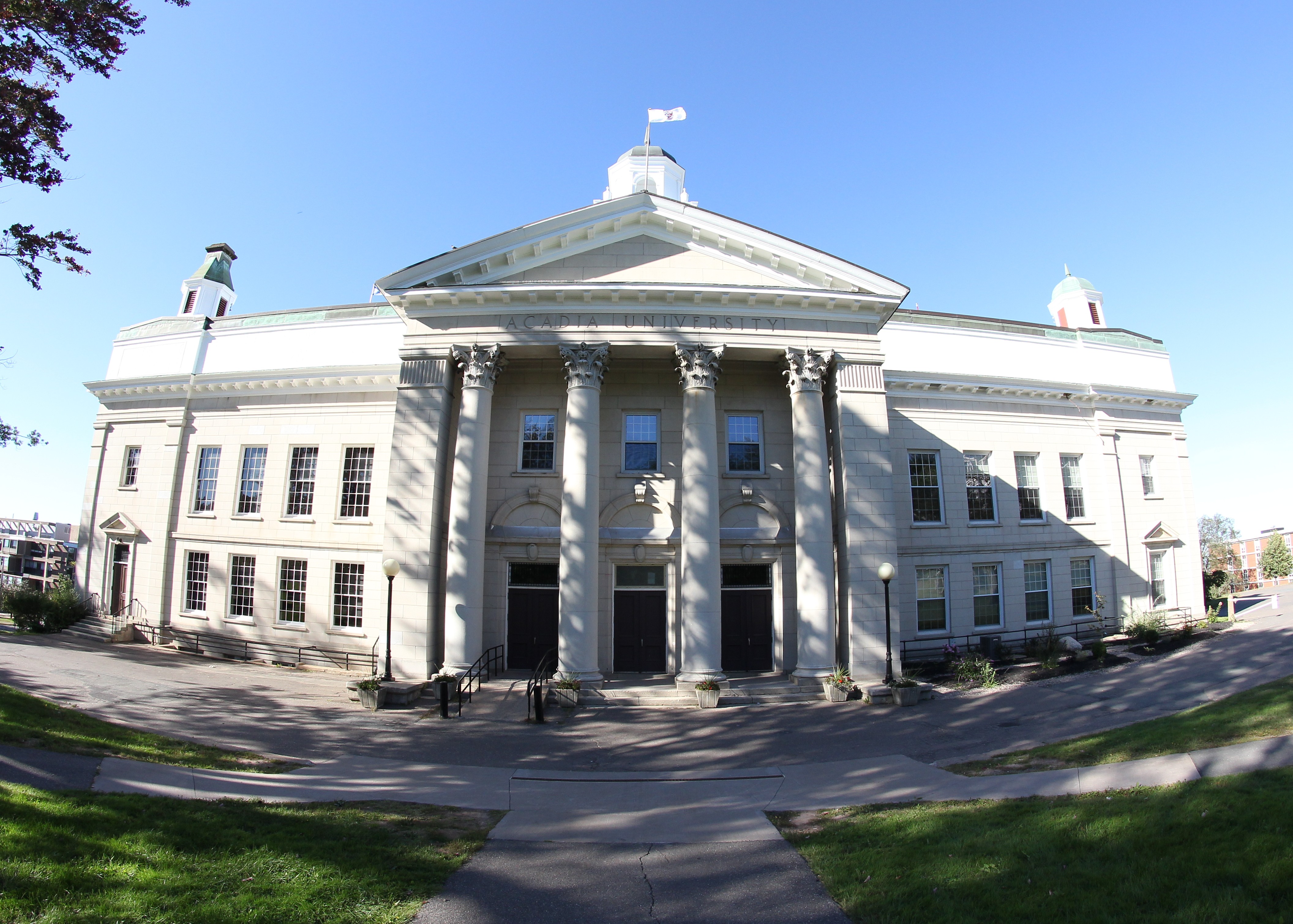The first US presidential debate took place on Monday evening of September 26th, 2016, featuring a much anticipated and polarized pair of candidates, Donald Trump and Hilary Clinton. Being the first time that Trump and Clinton have taken the stage together in this type of setting, the debate revealed the presidential nominees’ ability to address today’s issues, how they differ from one another, and how their philosophies appear to add up. Both candidates bring a lot to the table. Between taxation, trade, and foreign policy especially, there is a lot to be said about their differences.
In brief, Clinton advocates a more or less traditional and neoliberal view of these affairs: tax the rich, enhance and facilitate free trade arrangements, maintain strong ties with our allies, and always engage in diplomacy at first instance. Secretary Clinton views the importance of building the middle class, with much of her policy aligning with this outlook. Her education and experience in the political sphere should warrant her much credibility for her plans, being very careful of the political implications of the POTUS’ actions on the national and international level and not suggesting any radical policies that could potentially compromise any number of political or economic institutions.
Trump sees things differently. Straying from convention, Trump proposes not to tax the upper class, rather provide tax cuts for purposes of encouraging corporate reinvestment in technology, growth and employment. On the trade front, scrap free trade agreements and start taxing foreign entities for trading with the US. And for those who wish to move and produce in China to then sell back to America, they will experience heavy penalization. His stance on foreign policy also possesses an interesting economic perspective: to engage with and support our allies is important, but relationships within organizations like NATO need to be equal, and nations need to provide equal funding toward global efforts. In short: our money is ours, not yours, and we will not be pulling any dead weight anymore.
Both candidates possess different but valid outlooks on America’s future. It should be granted that Trump does have an understanding in the workings of business, economic imperatives, and the world from a capitalist’s eyeview. Many people find him appealing in this way. For one, the assumption that big business will necessarily reinvest their capital in growth is not ridiculous: in competitive environments it is in fact an imperative to a certain extent. Indeed he is right. Hilary Clinton is also right, however, in the sure bet: tax the wealthy more to ensure services and programs are provided to the public.
Trump also places heavy emphasis on America making better deals and earning their fair share, which illustrates the thin line that Trump ultimately walks on between the economic and the political. The United States sits near the top of the global economic and political pyramid, but to build a strong global leadership role depends on maintaining and strengthening relationships between states, whether through trade or diplomacy alike. What Trump may ignore in international relations is the major influence that the political sphere can have on a nations economic well-being. Relationships matter. In light of Trump’s views emphasizing the US as the main priority between tax, trade, and foreign policy, his contention on the standing economic relationships between global partners make his foreign policy focus seem merely ‘domestic’.
Hilary Clinton makes it clear to international partners during the debate that the word of the US is good. Under a Clinton administration, global relationships will be maintained, and the focus will not only be on growing America’s core middle class, but assisting their international partners as well. It is hard to criticize one for this double standard, especially considering where the US fits into the global scene, and it takes much consideration for policy goals to strike a balance between the two.
However, the American public have been seeing things differently. It seems that post-debate polls indicate no clear winner, many claiming Clinton was the stronger debater, others indicating Trump was the winner. Even after such a determinative event like this, the nation is still divided.





Insightful article, Nathaniel. Well done. Just seeing it now.
I know I’m your Mom, but regardless, it’s well written!